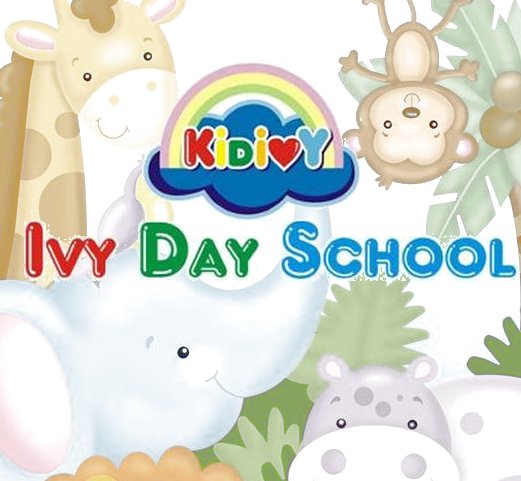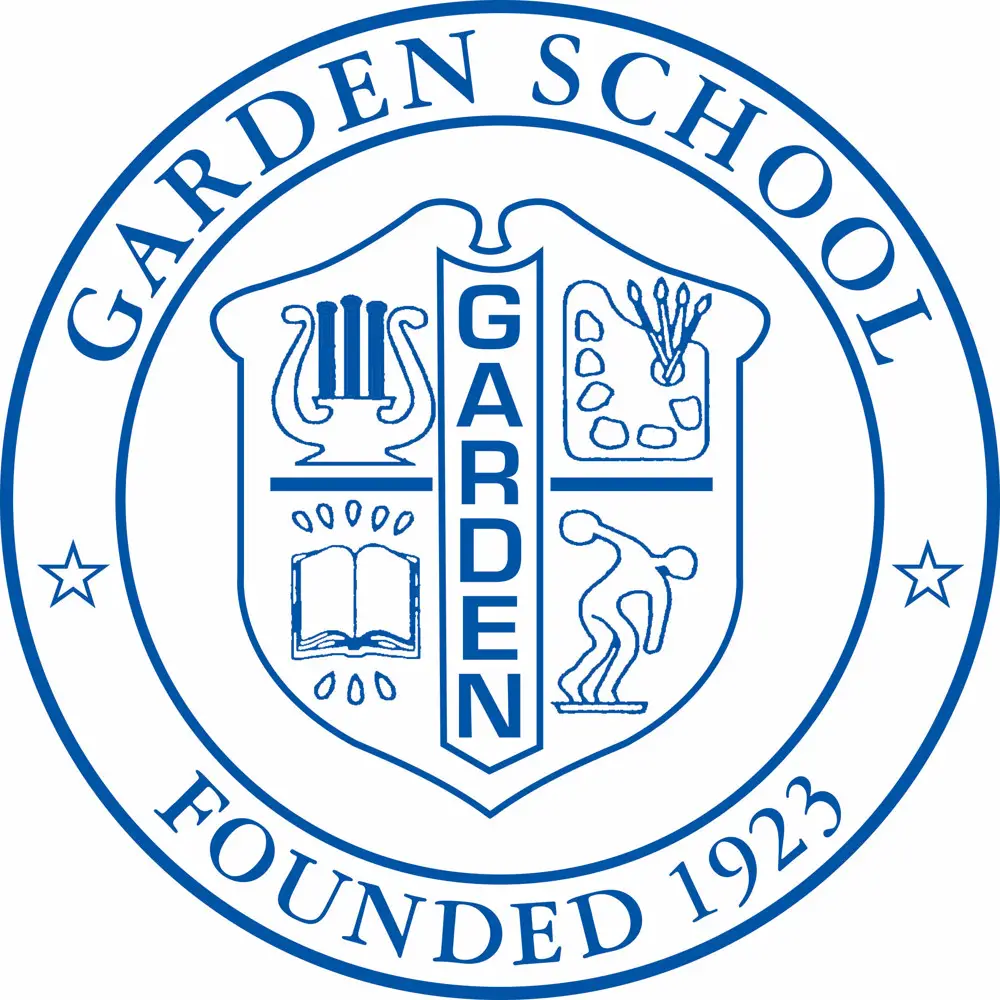
AP Classes: How to Determine if They're Right for Your Child
This is what you should think about before signing your child up for AP classes.
Get kid-friendly activities sent to you!
Get the Best Kid-Friendly Activities
Sent to You Weekly!
How many AP classes should my child take each year?
For some students, balancing one to two AP courses per year is a reasonable goal that can offer significant benefits in the college-admissions process. Some students can handle more AP classes, while others are in IB.
What are the benefits of taking AP classes?
One of the most important aspects of a college application is the high school transcript, more specifically the level of demonstrated rigor in one’s course schedule and associated levels of performance. This rings especially true in light of the College Board’s recent decision to eliminate SAT Subject Tests, making the demonstration of subject strengths on student transcripts all the more important. Most schools would rather see students challenge themselves, even if it may mean slightly lower levels of performance. With proper organization, study skills, and teacher communication, however, students can often perform as well as or better than their previous academic record.
Beyond the admissions advantage, taking more advanced coursework can provide students the opportunity to engage more deeply with particular fields of interest, potentially discovering new major or career interests along the way.
Plus, exam credits can also offer savings on degree requirements in college, or allow for a greater breadth in the college courses available to your student.
Ultimately, AP classes can be better taught, supported, organized, and recognized by admission officers as the gold-standard course. Cultivating a balanced schedule that both supports students’ individual needs and provides enough challenge to facilitate academic growth will often provide the best results in high school and beyond.







